Psychology
-
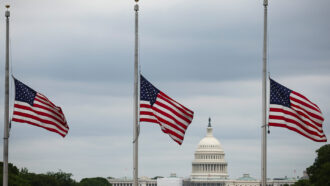 Science & Society
Science & SocietyCOVID-19 has killed a million Americans. Our minds can’t comprehend that number
We intuitively compare large, approximate quantities but cannot grasp such a big, abstract number as a million U.S. COVID-19 deaths.
By Sujata Gupta -
 Science & Society
Science & SocietyPressure to conform to social norms may explain risky COVID-19 decisions
As a science reporter covering COVID-19, I knew I should mask up at Disney World. Instead, I conformed, bared my face and got COVID-19.
By Sujata Gupta -
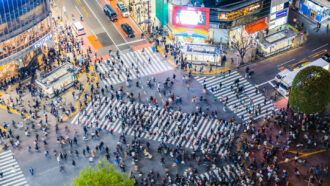 Psychology
PsychologyLatin America defies cultural theories based on East-West comparisons
Theories for how people think in individualist versus collectivist nations stem from East-West comparisons. Latin America challenges those theories.
By Sujata Gupta -
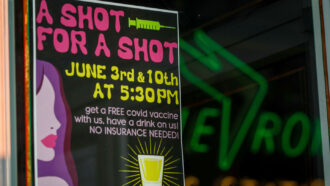 Science & Society
Science & SocietyNudge theory’s popularity may block insights into improving society
Small interventions that influence people’s behavior can be tested. But the real world requires big, hard-to-measure changes too, scientists say.
By Sujata Gupta -
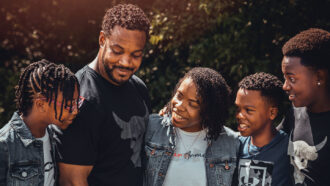 Science & Society
Science & SocietyMilitary towns are the most racially integrated places in the U.S. Here’s why
The military’s big stick approach allowed the institution to integrate troops and military towns. Can the civilian world follow suit?
By Sujata Gupta -
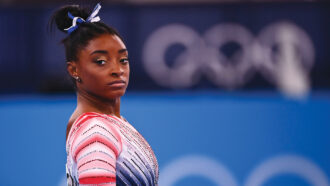 Psychology
PsychologyHow mindfulness-based training can give elite athletes a mental edge
Mindfulness and acceptance and commitment therapy are two types of training psychologists are using to bolster athletes’ mental health.
-
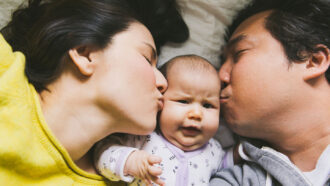 Humans
HumansBabies may use saliva sharing to figure out relationships
Actions like sharing bites of food or kissing may cue young children into close bonds, a new study suggests.
-
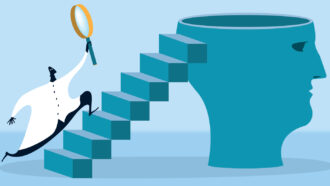 Psychology
PsychologyScientists should report results with intellectual humility. Here’s how
Foregrounding a study’s uncertainties and limitations could help restore faith in the social sciences.
By Sujata Gupta -
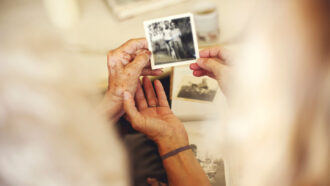 Psychology
PsychologyNostalgia may have bona fide benefits in hard times, like the pandemic
Once described as a disease, nostalgia’s reputation is much improved. Researchers hope to develop mental health therapies that trigger these memories.
By Sujata Gupta -
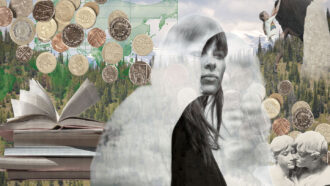 Psychology
PsychologyPerspective-changing experiences, good or bad, can lead to richer lives
Happiness or meaning have long been seen as keys to the “good life.” Psychologists have now defined a third good life for people leading rich psychological lives.
By Sujata Gupta -
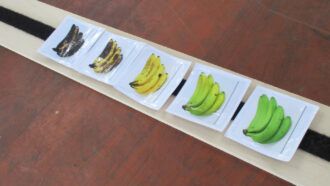 Psychology
PsychologyEveryone maps numbers in space. But why don’t we all use the same directions?
The debate over whether number lines are innate or learned obscures a more fundamental question: Why do we map numbers to space in the first place?
By Sujata Gupta -
 Psychology
Psychology‘Ghost games’ spotlight the psychological effect fans have on referees
Soccer teams won fewer games and received more fouls when playing at home during the 2019–2020 season, when many fans were absent, than before the pandemic.
By Nikk Ogasa